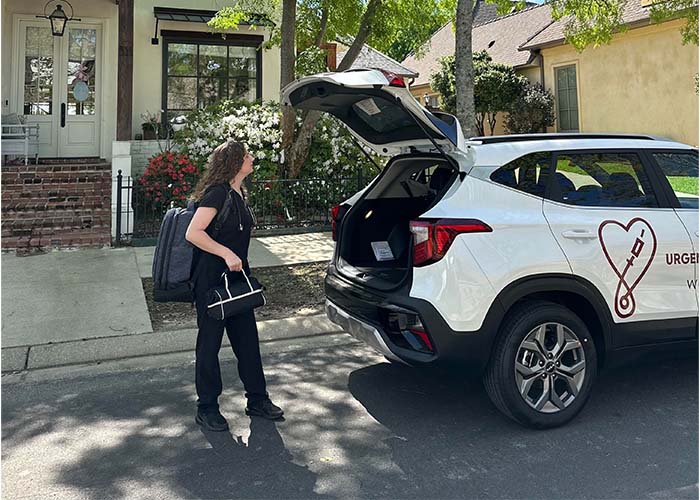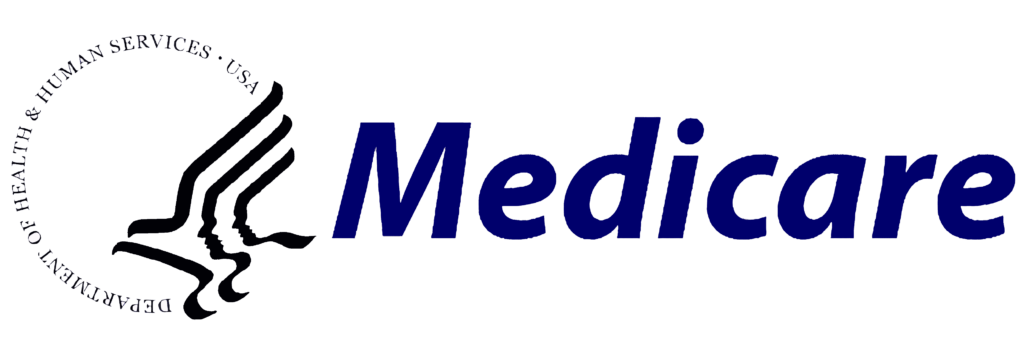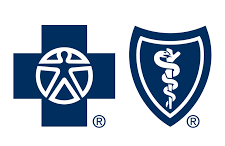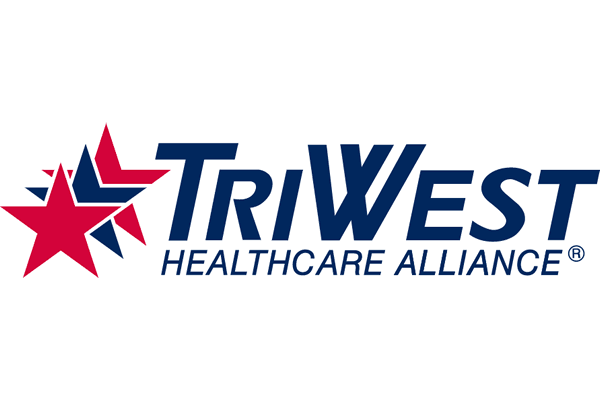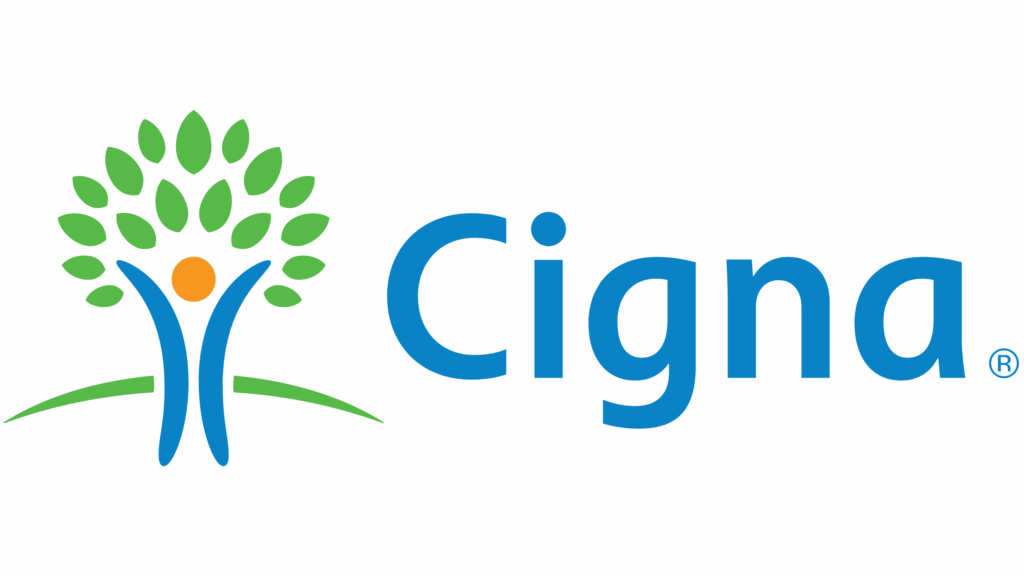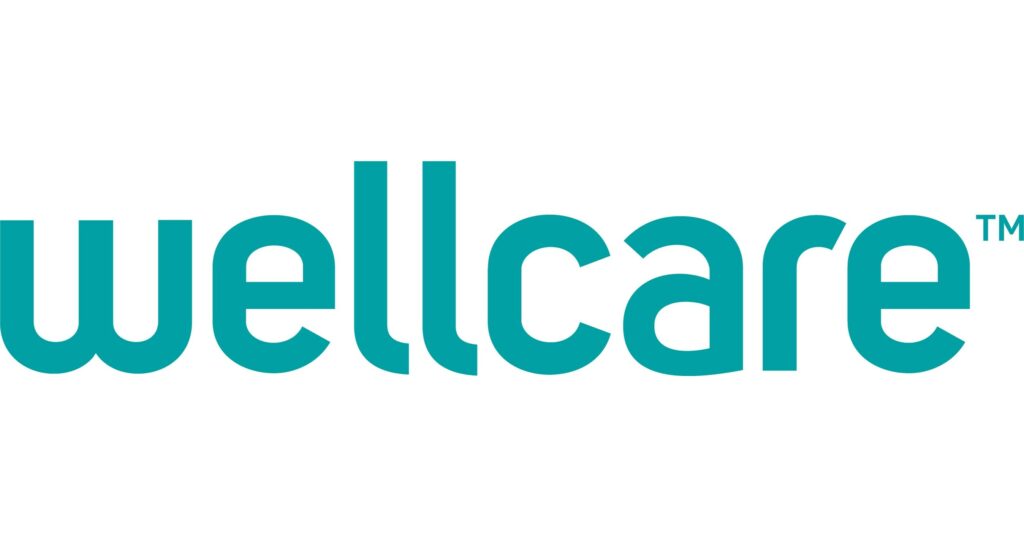Dehydration
- Skip The Waiting Room
- No Exposure To Other Sick Patients
- No Patient Travel Is Required
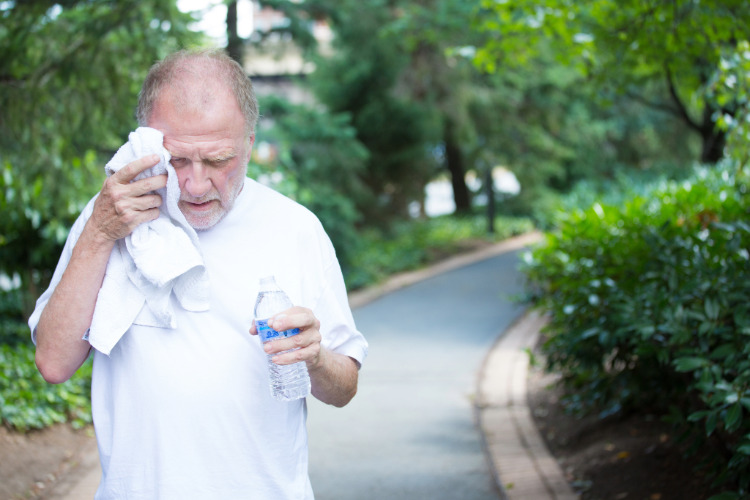
Dehydration Care Guide
Dehydration can affect anyone, but understanding its signs and knowing how to manage it can make all the difference. Whether you’re a parent, caregiver, or senior, this guide provides essential information on recognizing dehydration and offers practical in-home and emergency care tips.
Recognizing Dehydration Symptoms
Early detection of dehydration is crucial. Look out for these common symptoms:
- Dry Mouth and Excessive Thirst: Persistent dryness in the mouth and an unquenchable thirst.
- Fatigue and Weakness: Feeling unusually tired or weak without exertion.
- Dizziness or Lightheadedness: Experiencing dizziness, especially when standing up.
- Decreased Urine Output and Dark Urine: Urinating less frequently and noticing dark-colored urine.
- Headache: A persistent or worsening headache.
- Dry, Cool Skin: Skin that feels dry and cool to the touch.
- Rapid Heartbeat: An unusually fast heart rate.
In-Home Care Methods
If you notice any of the symptoms above, start with these in-home care methods to rehydrate and recover:
Increase Fluid Intake
Focus on hydrating with:
- Water
- Clear Broths
- Rehydration Drinks with Electrolytes
Rest and Recover
- Cool, Shaded Environment: Rest in a shaded area to help your body regulate its temperature.
- Lightweight, Loose Clothing: Wear clothing that aids in sweat evaporation and cooling.
Temperature Regulation
- Cool Compresses or Baths: Use cool compresses or take a cool bath to reduce body temperature.
Emergency Care Methods
Sometimes, home care might not be enough, especially if dehydration symptoms are severe. Here’s what to do:
Seek Immediate Medical Attention
If symptoms persist despite home care efforts, or if dehydration is severe, seek medical help right away.
IV Fluids
- Intravenous (IV) Fluids may be necessary to rapidly rehydrate the body in severe cases.
Severe Symptoms
Treat any symptoms of confusion, unconsciousness, or inability to swallow as emergencies.
Potential Consequences of Untreated Dehydration
Ignoring dehydration can result in serious health issues, including:
- Heat Injuries such as heat cramps, heat exhaustion, or heatstroke.
- Urinary and Kidney Problems, including urinary tract infections, kidney stones, and even kidney failure.
- Seizures due to electrolyte imbalances.
- Hypovolemic Shock, which is a life-threatening condition that occurs when blood volume drops too low.
Dehydration is more than just feeling thirsty—it’s a serious condition that requires prompt attention. You can protect yourself and your loved ones by recognizing the symptoms and knowing how to respond with both in-home and emergency care.
Stay informed and stay hydrated! For further guidance and support, consult with healthcare professionals.
—
By taking these steps, you’ll be well-prepared to handle dehydration and ensure the well-being of those in your care.

